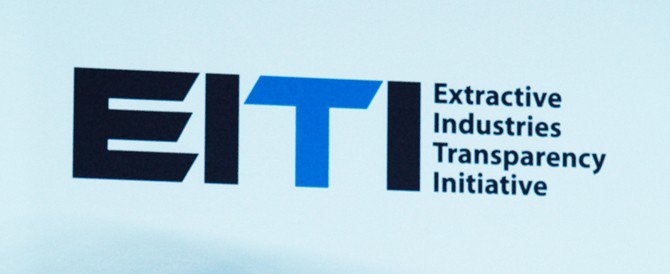The UK was accepted as a ‘candidate’ into the Extractives Industry Transparency Initiative (EITI) in Myanmar yesterday. This is an important development for the scheme, which faces major challenges elsewhere in the world.
It means that in 18 months, when the UK produces its first report, citizens will have access to data about how much extractive companies pay the government for our precious resources. This will mean the public can tell what is happening to oil money. It would have helped clear up one of the hottest topics in the recent Scottish Independence debate, for starters.
It’s not just the fact of signing up, either. As with all these things, the devil is in the detail, and the UK must use its candidacy to show the rest of the world what a buzzword like transparency can mean in real terms for real people. The early indicators suggest it is hitting the right notes here.

We’re particularly pleased that the companies, civil society groups and government bodies involved agreed that the real owners of companies involved in British oil and gas extraction will be revealed. This sets an important precedent – hiding ownership of oil and mining companies is a favourite trick of state officials looking to squirrel away money from the big deals that should be helping drive development.
The host country of this week’s EITI board meeting, Myanmar, is another recent addition to the EITI. Citizens’ groups in Myanmar are also asking for full ownership disclosure as part of their national EITI reporting, and progress is being made on the issue. The UK’s move will help encourage countries like Myanmar to commit to this standard, and could help make beneficial ownership disclosure a requirement of the EITI, not just an optional extra. This kind of leadership is critical to the scheme’s success in making sure citizens benefit from their resources.
Another wise move by the UK EITI is to build into the scheme company reporting on the revenues they’ve paid for each individual oil and gas project. For 16 years, Global Witness has shown how payments made for individual ‘project level’ contracts can be hidden and diverted into the wrong hands. Monitoring payments at this level means that money paid for specific projects can be traced through the system into government coffers. This in line with new EU legislation and new EITI rules.
Elsewhere, the broader EITI project faces some tough challenges. A series of crises in EITI countries like Ethiopia, Niger and Azerbaijan has triggered doubts about whether the scheme is really helping citizens groups there hold their governments to account.
The EITI today made some positive first steps to address this. In Azerbaijan especially, severe crackdowns on civil society have finally triggered the initiative to require remedial action from the country. It must continue to sanction governments that do not enable citizens groups to freely participate. As we said today, the international EITI board should push ahead and agree concrete terms for what it calls the “enabling environment” for civil society groups, assess if countries are complying and suspend or delist them if they are not. Otherwise it lacks any real teeth to ensure its central purpose – enabling citizens to use the data to hold their governments to account.
Lastly, countries must not use membership as a means to fend-off demands for further transparency and other reforms. Nor should report production become a proxy for genuine accountability. If a country is compliant with the rules but failing to explain why millions of dollars have been lost to the public purse through highly questionable deals, reports alone are not enough. The EITI standard should be treated as a transparency and accountability baseline, not a ceiling.
The EITI can be a genuine platform for reform and openness and there are success stories coming from the scheme from all around the world. But where countries pay lip service to its principles and fail to deliver in practice, it must act to avoid haemorrhaging credibility.
Brendan O’Donnell is Oil Campaign Leader at Global Witness. He is alternate board representative on both the UK EITI multi-stakeholder group and the International EITI Board.